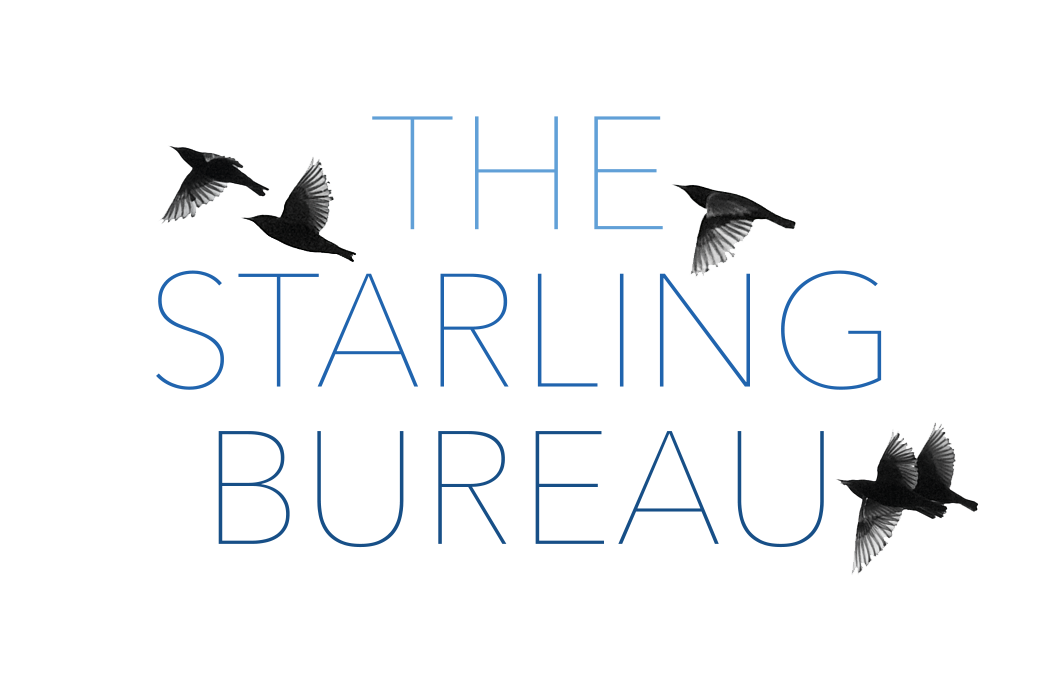Weiwei by Agostina Luz López
Title: Weiwei
Author: Agostina Luz López
Year of publication: 2016
Pages: 123
Publisher: Notanpuan (Argentina)
World English rights available.
“Masterful, sensitive, and experimental: a narrative puzzle.”
María, a young Argentinian author, is on a writing retreat in a medieval French castle. She struggles to bond with her fellow writers until she meets Weiwei, a quietly bewitching Taiwanese woman. Weiwei is working on a novel about two girls who meet in Beijing and start a whirlwind romance. Inspired by Weiwei and her story, María begins to revisit and reinterpret her own past.
Examining key relationships in her life – recounting tales of abandonment, love, family and friendship – she tries to identify the root of unspoken tensions we commonly leave unresolved. In the final chapter, María returns to her present day writing retreat and her fascination with Weiwei.
The fragmented structure of the novel, split into short, almost stand-alone episodes, conveys the notion that we are the sum of our experiences and the way we choose to present them to others. As María explicitly questions the best form and tense for each of the stories she writes, we see both narrator and author analyse the impact of stylistic approach on a story’s meaning.
Weiwei is a charming reflection on the act of writing and the intricate subtexts behind all human relationships. It is an exercise in metafiction that presents beautifully crafted stories, but also encourages the reader to create extra layers of meaning, to draw their own links between the characters we encounter, and to trace the boundary between fiction and reality.
Agostina Luz López is a writer, actor and director who collaborates with theatres around the world, including residencies at the Royal Court and the Zürcher Theater Spektakel. Weiwei, her debut novel, was runner-up in the novel category of Argentina’s National Arts Fund competition.
“Voices of multi-dimensional women who feel, think and speak from their own existence and experience, in a specific space and time and with particular concerns, not as idealised by men.”

